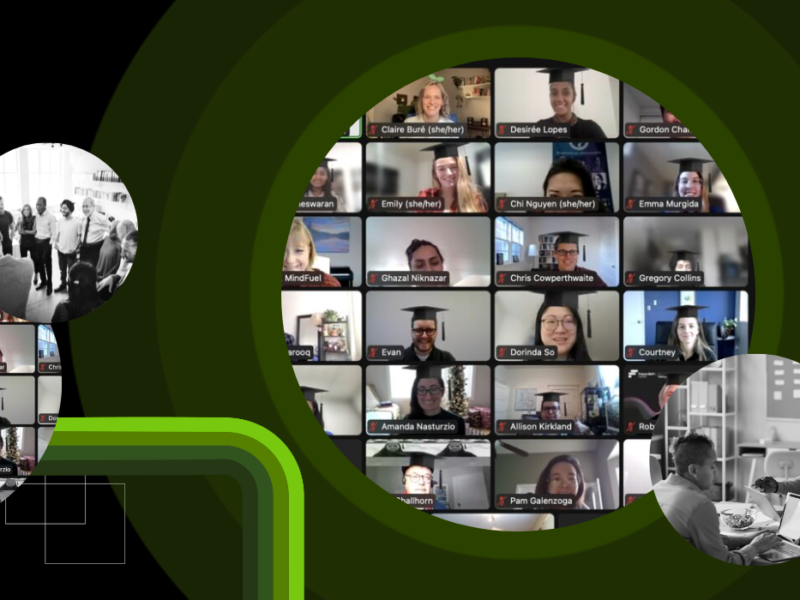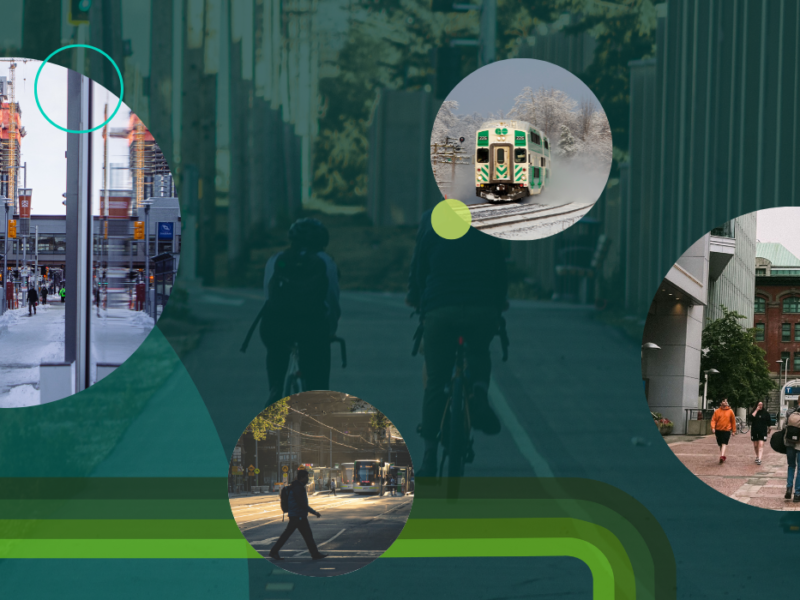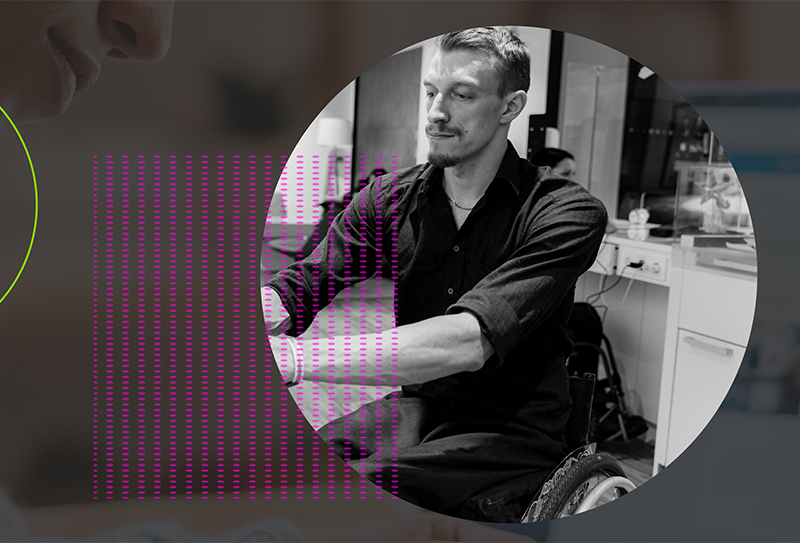Accelerator pilot program favours experimentation and innovation

The Innovation Lab at the Future Skills Centre (FSC) makes it easier for project partners to innovate, helping them to test and improve upon new ideas for skills development. At the end of 2021, the lab began experimenting with a new approach to support innovative ideas called the Accelerator pilot program.
Organizations funded by FSC and other key stakeholders across Canada shared with us that the existing funding system made it difficult to innovate because grant recipients were expected to immediately serve large numbers of individuals rather than developing and testing new concepts. The system’s emphasis on reliability and efficiency is understandable, but it can discourage organizations from exploring unconventional methods or developing the next generation of solutions.
Generating new ideas
With this in mind, the Innovation Lab created the Accelerator Program. Our team wrote about this initiative in a previous blog, but in brief, the lab provided additional funding and hands-on support to enable several projects to develop novel solutions or improve existing ones. We held projects accountable for generating new ideas that enhance social impact within their contexts as opposed to expecting them to implement a fully-formed program. The pilot’s goal was to establish a low-stakes, supportive environment and provide resources that allowed the projects to pursue different ways of doing things. This is a vital step in nurturing a more responsive labour market and directly aligns with FSC’s strategic goal of supporting the skills development ecosystem in “testing, replicating and scaling ‘what works’.”
After six months of dedicated effort, the Accelerator earned positive feedback and generated various lessons for FSC. Through the pilot, the Innovation Lab was able to:
- Support 20 project team members across six organizations
- Increase participant confidence with innovation methods by 34%
- Deliver an experience that all six organizations agreed was worth the time, resources and energy they invested
Engaging with partners
Northern Lights College, one of the projects, persuaded 33% of its participants to continue their college education due to improvements made in the Accelerator. Previously, only 5% enrolled in additional courses despite a financial incentive.
Another Accelerator project, pointA, identified a need to help small and medium-sized businesses adapt to a hybrid work environment and began developing a new product with our support. (Watch for details in a future blog post.) By supporting these and other organizations as they pursue new ideas that improve skills development, FSC is helping build the practices and capacity to meet the challenges of an evolving labour market.
Lessons learned
Since this was the Accelerator’s debut, our team learned a great deal. In addition to bringing in experienced advisors to give hands-on support to the projects, the Innovation Lab convened an informal advisory group of social innovation professionals from Canada and abroad to help guide and enhance our work. Our firsthand experience in the Accelerator – combined with a process of regular reflection and improvement from these supporters – generated various insights, including:
1. It is possible to create an environment that favours experimentation
As referenced above, one of the key barriers to innovation is the funding environment’s emphasis on proven programs rather than the encouragement of experimentation. The Accelerator pilot demonstrated that many of the organizations implementing established approaches can simultaneously adopt innovative practices and develop improved programs – if they are given the right resources and support. Feedback revealed that the most helpful assistance provided was regular dialogue with FSC staff and additional funding. Regular dialogue provided a helpful accountability mechanism, while the flexible funding enabled projects to pursue priorities not otherwise supported.
2. Sustain focus on strategic problems and questions
Although projects appreciated the flexibility to test new ideas with job seekers, students, and other groups, some organizations chose to investigate less strategic issues. For example, a project may choose to seek feedback on which online tool or advertising method to use rather than evaluating the effectiveness of their program itself or the need for it to exist in the first place. Clear, honest discussions are needed at the beginning of the Accelerator process to ensure that projects are addressing the most important questions.
3. Work continuously on building truly collaborative relationships
FSC actively strives to be a “funder-partner” that not only provides financial resources, but also offers support through our networks, research and experience. However, it can be challenging to create an open, genuine relationship with organizations given the influence and power we possess as their funder. In addition, the Innovation Lab can often use jargon that confuses others. The language and relationship management practices that work for one project may not work for another, and consistent effort is needed to build true collaboration.
4. Consider team mindset and capacity, not just the proposed idea
Organizations must invest time and effort to conduct thoughtful tests and deliver relevant findings. Project teams should be open to changing their approaches rather than simply confirming original ideas or implementing a fixed plan. This takes humility, agility and a tolerance for uncertainty. When selecting projects for the Accelerator, FSC has learned to seek these characteristics in the project teams and ensure they have the time and commitment required to innovate. Support for projects to strengthen these skills is another avenue to explore.
FSC’s Innovation Lab continues to learn and improve on our Accelerator work, and we believe that these pilots provide an important platform, allowing organizations the time and resources they need to generate breakthroughs in skills development. We are now implementing an expanded version of the Accelerator and hope to integrate valuable lessons throughout FSC. As we pursue this goal and other innovation journeys, we would love to hear from others fostering new ideas in this space. There is much to learn and share.
Gordon Chan (gordon.chan@fsc-ccf.ca) is the Innovation Lab Manager and Moeez Ali (moeez1.ali@ryerson.ca) worked as a Career Boost Student at the Future Skills Centre. This is one in a series of blogs about the Accelerator pilot program.
The views, thoughts and opinions expressed here are the author’s own and do not necessarily reflect the viewpoint, official policy or position of the Future Skills Centre or any of its staff members or consortium partners.




